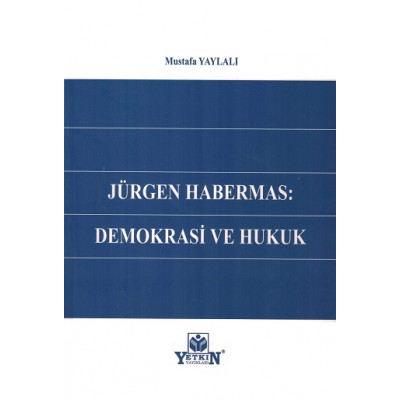Anayasa Hukuku
Avukatlık Hukuku
Bilişim Hukuku
Borçlar Hukuku
Ceza Hukuku
Fikri (ve Sınai) Mülkiyet Hukuku
Genel Hukuk Kitapları
Hukuk Rehberleri ve Sözlükler
Hukuk Tarihi ve Felsefesi
Hukuka Giriş
İcra ve İflas Hukuku
İdare Hukuku
İş ve Sosyal Güvenlik Hukuku
Kişisel Verilerin Korunması
Medeni Hukuk




